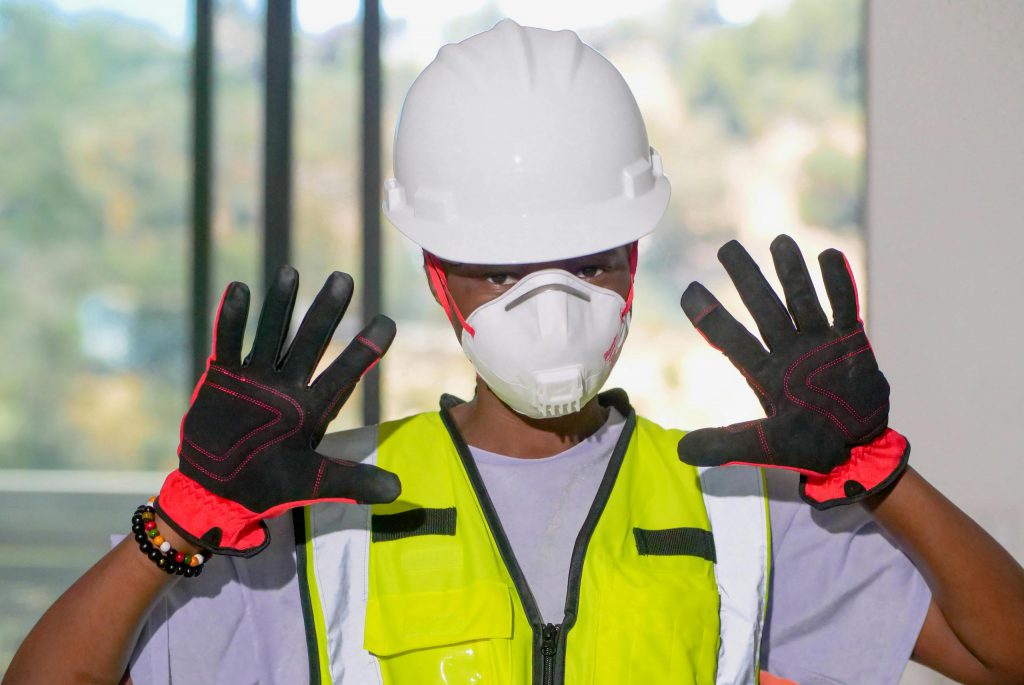Whatever industry you’re in, teamwork in the workplace is vital to keep things moving. When colleagues don’t get along, or don’t know how to communicate, it slows processes down, stresses out employees, and costs you money. The longer this lack of cooperation continues, the more expensive it gets.
97% of employees agree that a lack of collaboration negatively impacts workplace success, too. Meanwhile, teamwork increases sales by 27%.
So, it makes sense to boost collaboration and teamwork in the workplace. The more you do so, the more it benefits your business.
Why does teamwork in the workplace matter?
One of the most common examples of this is between sales and marketing departments. Marketing departments focus on generating leads through various strategies like content, ads, or direct response.
Sales then handles the leads that come in. Or they find ways to attract leads on their own, such as with outbound sales tactics.
Even if sales concentrates on outbound, they still need the marketing department to create useful sales collateral that whets buyers’ appetites, like case studies.
When the two departments don’t work together, sales teams don’t get the collateral they need and marketing has no direction. That leaves them to essentially make things up as they go along, tracking vanity metrics, and hoping for the best.
This is pretty common, too, with more than half of US employees having little or no insight into other team’s objectives, and 41% finding it more challenging to collaborate across teams.
On the flip side, there’s a 72% boost in effectiveness when team collaboration is high, and effective teamwork in the workplace reduces absenteeism and enhances engagement.
So, what can you do to boost teamwork in the workplace?
Ways to boost collaboration and teamwork in the workplace
Organize an away day
Away days or weeks can be powerful ways to get your teams together. Employees get time to get to know one another, plan what’s happening, and discuss things that aren’t work-related.
It’s important for everyone to have down/alone time too. This is where people can recharge and naturally come together to connect without the pressure of work-related activities.
Create online events
If you have a remote team or office, providing online events ensures that they don’t miss out on opportunities for collaboration and teamwork in the workplace.
Some options include:
- Quizzes
- Book clubs
- Speakers
- Games/tournaments such as MarioKart
To encourage your employees to sign up and take part, try Workrowd. They simply need to login to see what’s happening, then they can sign up for events or initiatives with a single click.
Host networking events
As well as online events, you can also hold networking events where colleagues can meet, whether that’s in person or online. These can be vital ways for colleagues to get to know each other without the pressure of it being in a meeting.
Adding in food always works as a solid barrier-breaker and conversation starter, too. This relationship-building can greatly enhance teamwork in the workplace.
Provide mentoring
Mentoring supports everyone within your organization. It can introduce your more experienced colleagues to new concepts, while it can teach early careers employees how to navigate the workplace.
Mentors can come from any department or generation. It doesn’t have to be from someone who’s navigated the same career path. Sometimes it can be other characteristics or goals a mentor and mentee have in common, such as navigating gender in the workplace or wanting to become a leader.
Create a psychologically safe culture
A culture of psychological safety is crucial to teamwork in the workplace. When employees feel able to share their opinions free from repercussions, it creates a more open environment that encourages collaboration.
For employees to disagree with someone, they have to feel safe in the workplace—especially if that person is their leader. There’s no reason that leader’s opinions, beliefs, attitudes, or ways of working shouldn’t be challenged.
Sometimes there are newer, better, and more effective ways of doing things that can only be seen because someone comes from a particular background. To excel as a business, it’s important to be open to hearing those opinions and experiences.
Use radical candor
Radical candor isn’t a new concept. It’s about being able to be honest and empathetic with your colleagues when communicating. It’s about providing feedback that’s valuable in a polite, straightforward way.
Radical candor is an effective way to build an open, honest culture among colleagues. It also provides a framework for giving and receiving feedback that ensures people know what to expect from their colleagues and how to talk to them.
Giving feedback, like listening, is one of those things that many of us are never taught. It can have big repercussions on teamwork in the workplace if we’re not careful.
Listen actively
There’s a huge difference between paying attention to what someone is saying and casually hearing it.
Active listening requires asking questions that draw out their point and turning it into a discussion, rather than nodding along, half-listening to them.
Use your employee resource groups (ERGs) more
If you’ve already got established ERGs, are they working hard enough for you?
If you don’t have any ERGs, what are you waiting for?
Think of an away day. How often do people naturally sit with their fellow team members? It happens every time. People gravitate to the people they know and have something in common with.
Employee resource groups are a powerful tool to bridge gaps between teams and increase teamwork in the workplace. People can connect on terms beyond just the team they’re a part of.
Conclusion
The more opportunities you provide for your employees to connect beyond their workplace responsibilities, the better they’ll get to know each other’s strengths, can play to them, and can therefore work together more effectively.
If you’d like help organizing your initiatives and encouraging your employees to take part, check out Workrowd. Contact us to book your free demo today.





